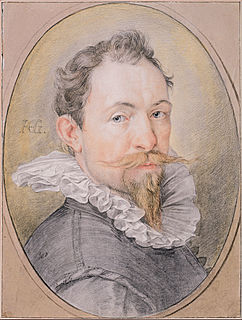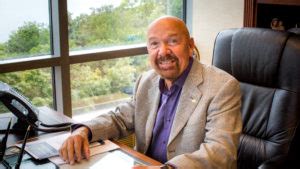A Quote by Norman Cousins
The physician's ability to reassure the patient is a major factor in activating the body's own healing system.
Related Quotes
Doctor Johnson said, that in sickness there were three things that were material; the physician, the disease, and the patient: and if any two of these joined, then they get the victory; for, Ne Hercules quidem contra duos [Not even Hercules himself is a match for two]. If the physician and the patient join, then down goes the disease; for then the patient recovers: if the physician and the disease join, that is a strong disease; and the physician mistaking the cure, then down goes the patient: if the patient and the disease join, then down goes the physician; for he is discredited.
as a physician I examine the dying planet as I do a dying patient. The earth has a natural system of interacting homeostatic mechanisms similar to the human body's. If one system is diseased, like the ozone layer, then other systems develop abnormalities in function - the crops will die, the plankton will be damaged, and the eyes of all creatures on the planet will become diseased and vision impaired.
A physician who fails to enter the body of a patient with the lamp of knowledge and understanding can never treat diseases. He should first study all the factors, including environment, which influence a patient's disease, and then prescribe treatment. It is more important to prevent the occurrence of disease than to seek a cure.


































